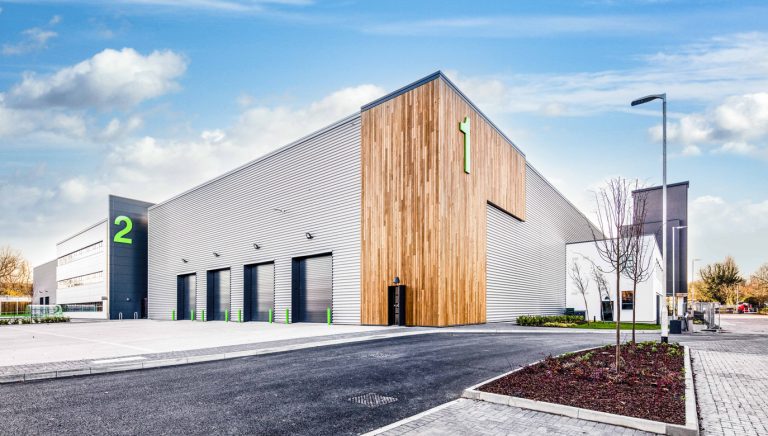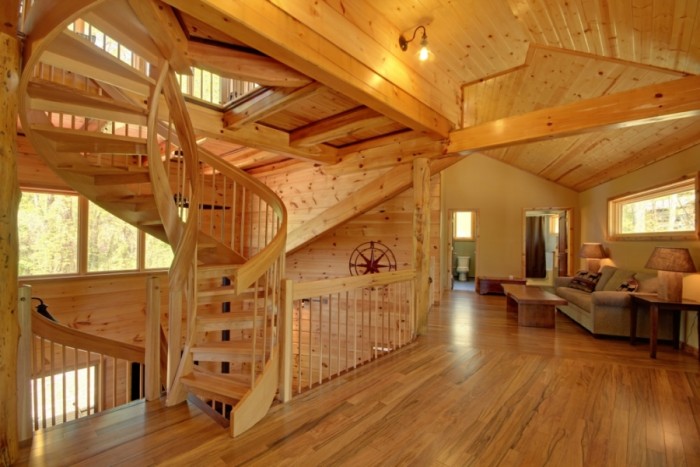Four Special Educational Needs and Disabilities (SEND) schools in Lincolnshire are set to be expanded as part of Lincolnshire County Council’s £86 million investment programme – to improve and develop special schools across the county – landscape architect Influence has announced. Working alongside contractor Willmott Dixon, Newark-based Influence is providing landscape design services to Willoughby School in Bourne, Eresby School in Spilsby, St Bernard’s School in Louth and The Priory School in Spalding. The council’s investment strategy seeks to create an extra 500 SEND school spaces across the county, to meet the increasing demand and to combat families having to make long journeys to school. Of the improvement works at the four schools, Willoughby, Eresby and St Bernard’s achieved planning permission in 2020 to construct extension buildings to existing sites, enabling more school places for pupils, as well as additional space for improved facilities. Works are now progressing on the £6.5million expansion plan for Eresby School in Spilsby, which will deliver five new classrooms, a hall, IT and science spaces, small group rooms, meeting spaces and hygiene facilities. Works also include enlarging the school’s car park, installing a canopy link, introducing new vehicle access points and fencing and landscaping around the site. The £4.25 million works to Willoughby School in Bourne will see 74 new car parking bays provided, along with capacity for 20 minibuses and a new drop off and pick-up point at the start and end of the school day. New fencing, lighting and CCTV security systems will also be installed, with safe, segregated vehicular and pedestrian access routes included as part of the site design. Works at St Bernard’s School, Louth, will see the demolition of two existing buildings and construction of a new two-storey building, remodelling of existing buildings and the creation of additional car parking and hard play areas. Construction on the schools is due to begin early this year, with completion expected by early 2022. Plans for The Priory School, Spalding are nearing completion and are expected to be submitted for planning shortly. Shona Hatton, associate director at Influence, said: “We are proud to be managing the landscape designs of the extension and improvement plans for Willoughby, Eresby, St Bernard’s and The Priory Schools, in partnership with Willmott Dixon and Lincolnshire County Council and alongside their architects Kier Specialist Services. “The building works are part of the council’s ambitious investment plans to improve and expand SEND schools in the area, offering more places and improved facilities to children who will benefit hugely from having safe, engaging and enjoyable spaces to learn and interact. “We have worked on a number of schools in the East Midlands, including other SEND projects, and it is especially rewarding to see plans come to fruition that positively impact the services and quality of education available within our local communities.” Nick Heath, director of delivery at Willmott Dixon, said: “We’re incredibly proud to be working on these amazing schemes. With only 20 special education schools currently operating in Lincolnshire, we want to do everything we can to increase school places across the county to allow students of all ages easier access to the education they deserve. Despite currently being in a national lockdown, the team will continue to operate by adhering to stringent safety procedures and enhanced social distancing measures. This optimisation of risk management means that we will be able to deliver the project to the agreed timescales and improve educational facilities for students across Lincolnshire as soon as possible. At Willmott Dixon, we pride ourselves on leaving a legacy in the local communities we work among; therefore we are delighted to be working in collaboration Influence to help Lincolnshire County Council establish a school system that provides education that is accessible to all who need it.” Cllr Mrs Patricia Bradwell OBE, executive member for children’s services, said: “We want to ensure that all children can access high-quality education, as near to their family and local community as possible. To help achieve that, we’re investing £86m in improving our special schools over the next few years. “Our ambitious programme will mean more pupils with SEND can attend a local school rather than having to travel large distances for their education, which will be of great benefit to both the children and their families. “I’m delighted to see construction getting underway at Eresby School and Willoughby School, and I look forward to seeing the projects progress.”













